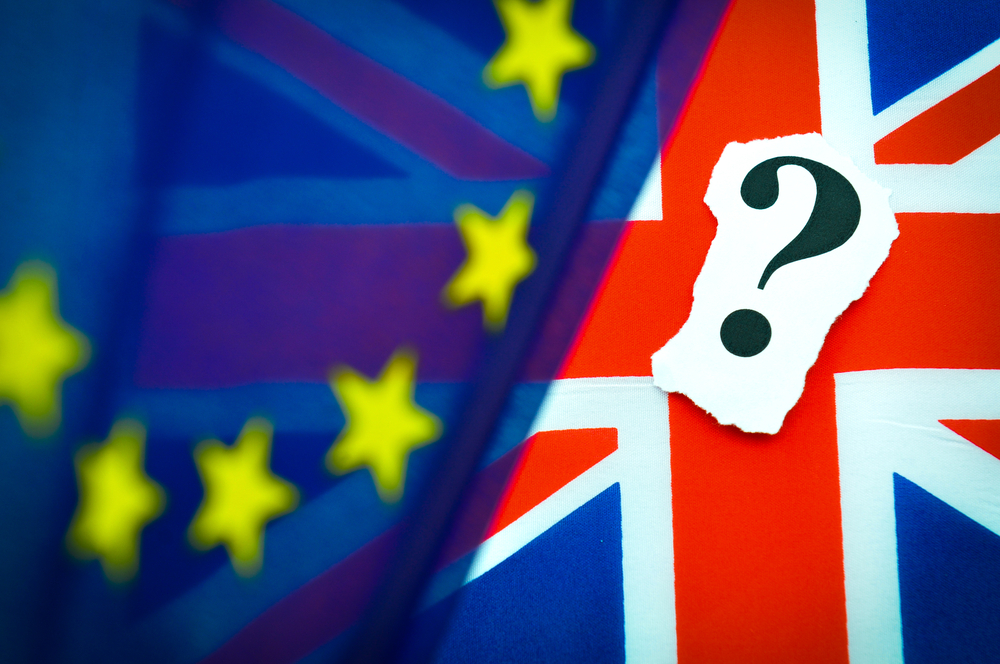A survey of over 100 chief finance officers reveals voting uncertainty as a key cause affecting profitability this year
Nearly two thirds of Britain’s medium to large businesses have suffered as a result of the uncertainty triggered by the Brexit referendum, according to new research from payments firm, FEXCO Corporate Payments.
In a census-wide survey of over 100 CFOs in UK firms with a turnover of £20 million or more, 64 per cent of respondents said their business had been adversely affected by the Brexit debate. The survey revealed that 87 per cent of London based firms were the most affected.
Many firms were scathing of the government’s response too, with three quarters (73 per cent) accusing Westminster of underestimating the toll taken on businesses by the referendum uncertainty.
Looking ahead to the likely implications of a Brexit, 45 per cent of respondents feared that it would be harder to export to the EU if the UK withdrew from the European club. A third (34 per cent) felt their profit margins would decrease, and a similar number (34 per cent) feared that innovation at UK businesses would fall due to a lack of EU funding.
Fewer CFOs expected a Brexit to have a positive impact on their business, with just 17 per cent believing their profit margins would increase, and 19 per cent feeling they would see tax reductions in a non-EU UK. Fewer than a fifth (19 per cent) felt their business would be unaffected by a Brexit.
Among those who feared a Brexit, there was marked regional divide, with businesses in London the most likely to envisage negative consequences from a UK withdrawal from the EU. For example, 51 per cent of London-based firms worry that it will be harder to export to the EU following a Brexit, double the proportion in North West and South West England (25 per cent respectively).
There was also a strong demographic split, with more than three quarters (77 per cent) of CFOS and decision makers aged under 35 predicting that exporting would be harder post-Brexit, while fewer than half as many of those aged 55 and over cited this as a concern (35 per cent).
Winners and losers from the weakened Pound
The Pound began 2016 by falling against most major currencies, and slipped by nearly 5 per cent against the Euro and almost 4 per cent against the Dollar during the two months after the referendum was announced.
Many exporters have emerged as winners from the sharp fall in the Pound triggered by the uncertainty over the UK’s future – with 46 per cent of firms that export reporting an increase in overseas demand since the referendum was confirmed at the end of February.
“Though it has since rallied a little, Sterling’s depreciation has given an unexpected shot in the arm to many British exporters, whose goods and services have suddenly become cheaper for overseas customers,” according to David Lamb, head of dealing, FEXCO Corporate Payments.
“However a clear majority of medium to large British businesses feel the net effect of the uncertainty caused by the referendum has hurt their bottom line.”
“Importers are among the most likely to be hit, as the cost of what they buy from abroad has risen dramatically. In the current climate of tight margins and volatile exchange rates, a sudden shift in the value of the Pound can make the difference between profit and loss on a business deal,” he added.






